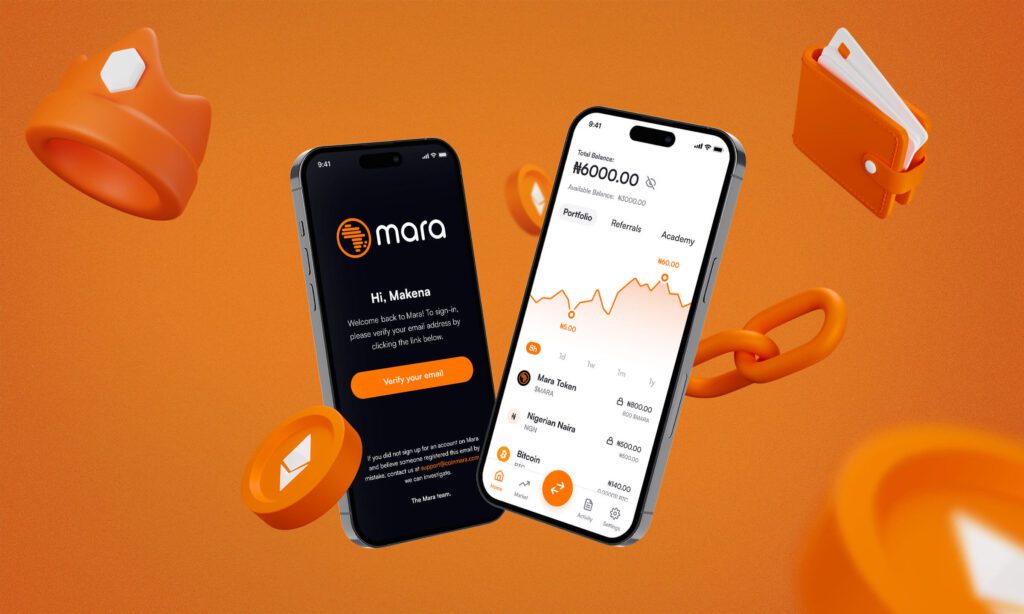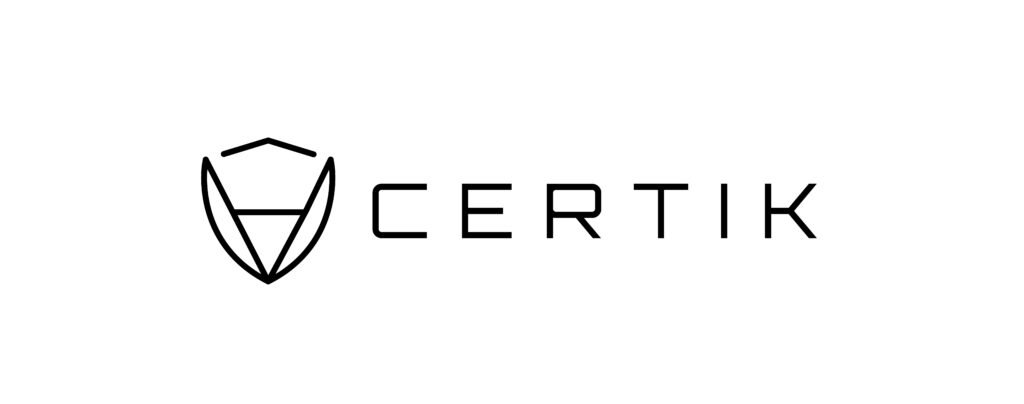-
Crypto payment security is vital for defending African transactions against evolving blockchain threats.
-
Layered protocols like multi-factor authentication and smart contract audits enhance operational safety.
-
Continuous education and tech adoption convert vulnerabilities into resilient, secure digital ecosystems.
The rapid evolution of digital currencies has opened new doors for African businesses to tap into a wider market and access better payment services. Today, offering better payment options is a growing market in Africa; thus, crypto payment security remains a cornerstone to ensure customer trust and protection.
According to statistics, crypto adoption in Africa has surged by 48%, driven by cross-border trade and financial inclusion efforts. Unfortunately, with this jaw-dropping progress, common blockchain attacks affecting African users have also rapidly increased.
Today, common types of blockchain attacks—such as 51% assaults—have increased, while phishing schemes have rapidly evolved, fooling even veteran users.
The Evolution of Crypto Payment Security: Safeguarding African Businesses in 2025
Understanding Blockchain Attack Types and Their Impact
There is no such thing as a perfect security system, and blockchain technology has consistently proved this fact.
Despite its decentralized design and inherent security against Web2 attacks, blockchain attack types have showcased that ingenuity cuts across the board. Common blockchain attacks affecting African users include exploiting vulnerabilities through phishing scams, wallet theft, and double-spend exploits.
For instance, Nigeria, a well-known crypto hub in Africa, has fallen victim to numerous crypto-related frauds stemming from double-spend exploits, raising questions about crypto payment security concerns. This essentially places organizations like Flutterwave and Yellow Card under harsh scrutiny.
CHECK OUT: Digital Fortress: How to Shield Your Web3 World in Africa!
Furthermore, intricate blockchain attack types like Sybil and DDoS affect the technical side of any crypto-related platform. Sybil attacks flood networks with fake nodes to disrupt operations, while DDoS assaults overwhelm systems with traffic, bringing down efficiency and raising panic among customers.
Understanding crypto payment security for African businesses forces many CEOs or entrepreneurs to deduce that blockchain attack types can target the system itself and the consumer end. Thus, blockchain attack prevention should be among the top priorities before any organization implements or develops Web3 systems.
Why Crypto Payment Security for African Businesses Demands Urgent Attention
Africa’s crypto boom has made it a hotspot for innovation—and exploitation. Crypto payment security for African businesses isn’t just about safeguarding assets; it’s about sustaining economic growth. Yet, many SMEs remain exposed due to outdated practices like storing funds in hot wallets or reusing passwords.
Africa’s crypto boom is here—it’s real and it’s happening as we speak. How to secure cryptocurrency payments in Africa should be at the forefront of any organization seeking to dive into this lucrative sector.
It’s not just about safeguarding assets or securing fast profits; it’s about sustaining economic growth. With this rapid trend, numerous entities within and outside Africa will rapidly rise, but like any industrial age, the culling will occur, separating the visionaries from the get-rich-quick mentality.
Consider Mara Wallet, a Pan-African platform that thwarted a phishing campaign in 2024 by integrating AI-driven threat detection, reducing user fraud reports by 65%.

Mara Wallet is a renowned crypto wallet whose ascent into Africa’s Web3 ecosystem is worth noting.[Photo: Infinum]
How to secure cryptocurrency payments in Africa starts with education and research. Today, AI is a factor that can aid in enhancing blockchain attack prevention efforts, but on its own, it cannot.
Fortunately, various African nations have foreseen this and kickstarted workshops to educate their regions. For instance, Nigeria’s blockchain industry collaboration educates its trainees on identifying phishing links and fake exchanges.
Practical Steps for Blockchain Attack Prevention in 2025
Adopt Multi-Layered Wallet Security
Cold wallets like Ledger or Trezor remain gold standards due to their nature, but with rapid advancements, more effort ensures better safety levels. Multi-layered wallet security involves adopting various security types, such as biometric-enabled hardware wallets, pairing fingerprint scans with military-grade encryption.
At its core, adding various security measures demonstrates an effort. Let’s be honest—we Africans can sense a lack of effort when we see it. Adding multiple layers of security generates a sense of trust that an organization prioritizes safety over simplicity.
Enforce Strict Verification Protocols
Two-factor authentication (2FA) is essential, but progressive businesses now layer it with behavioral analytics.
For instance, AI can play a mighty role in strict verification protocols. Its ability to monitor systems can flag irregular login times, requiring users to undergo additional security checks when they log in at 2 a.m., when their typical login hours are between 8 a.m. and 12 p.m. This typically slashes account takeovers, especially for those who fall prey to phishing scams.
Regularly Audit Smart Contracts
Flawed smart contracts invite disaster. Auditing smart contracts is a badge of approval for any organization seeking crypto payment security in Africa. Since the FTX fiasco, smart contract audits often prove the legitimacy of an organization.

Certik is a renowned smart contract audit platform a guaranteed badge of trust for most Web3 platforms.[Photo: Business-Wire]
Leverage Decentralized Identity Solutions
The African Digital Identity Framework, spearheaded by the African Union, is a prime example. This initiative aims to establish a continent-wide, interoperable system for digital identification, facilitating seamless movement of people, goods, and services.
This serves as a blueprint against common blockchain attacks affecting African users. The inherent decentralized nature of self-sovereign identities (SSIs) protects data much better than ordinary systems.
Future-Proofing Africa’s Crypto Economy
The road to ensuring crypto payment security throughout Africa demands collaboration between organizations and governments. Look at South Africa, one of the best examples of balancing adoption and regulation.
By 2024, the Financial Sector Conduct Authority (FSCA) approved applications from 2,498 crypto asset providers, showcasing the readiness for many Web3 businesses to comply with regulations.
By understanding the nuances of blockchain attack types—including common vulnerabilities and emerging threats—businesses can craft targeted defenses.
Merging cutting-edge tools with grassroots education is among the ways the continent can turn vulnerabilities into strengths. All it needs is a steady balance, which various African nations—such as Kenya, Ghana, Tanzania, and Nigeria—are now growing more open to.

